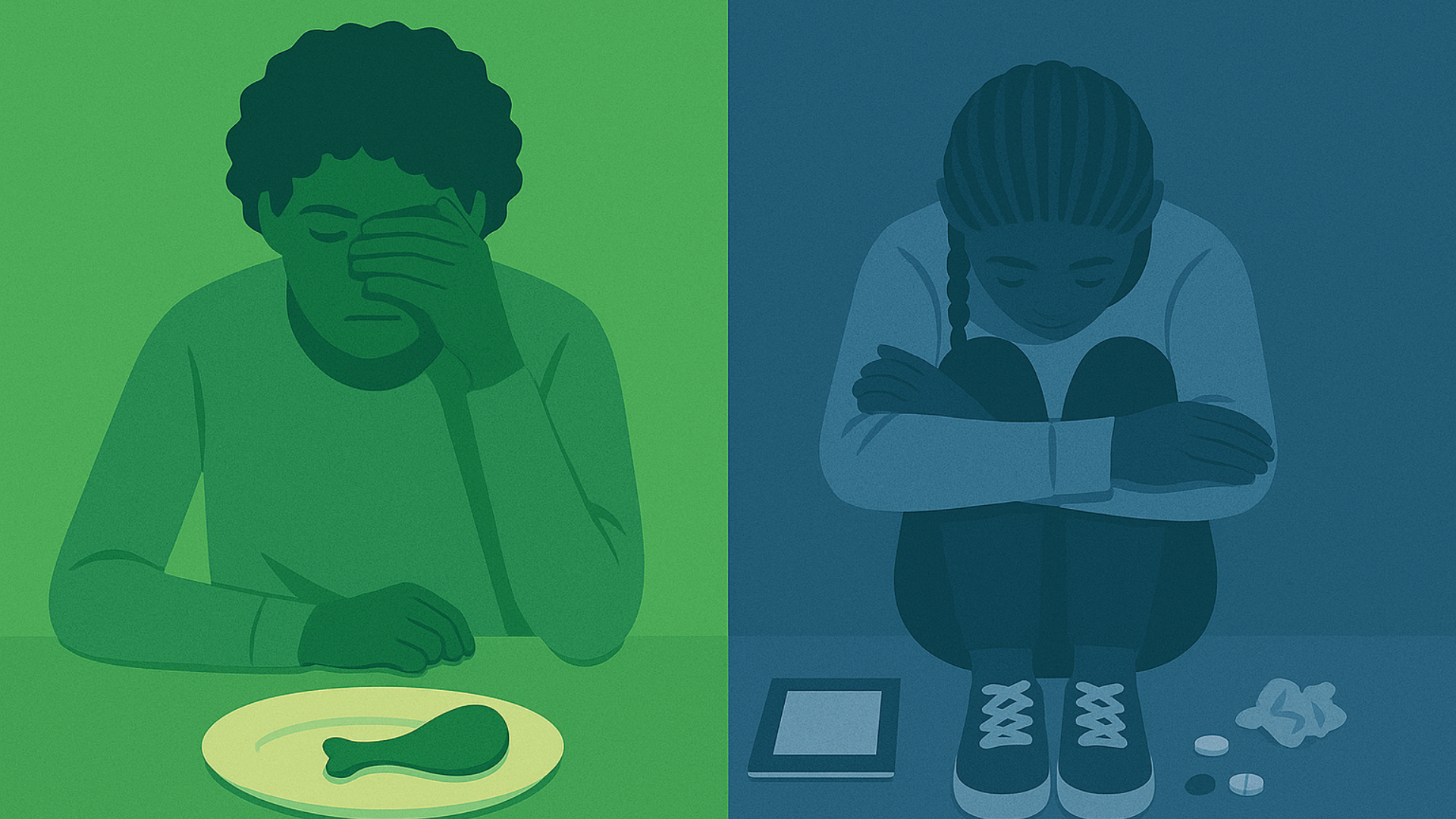The Role of Family Members in Eating Disorder Treatment

UNDERSTANDING EATING DISORDERS AS SEVERE PSYCHOLOGICAL ILLNESSES
Without clinical support, it can be difficult for family members to understand their loved one’s eating disorder and all that it encompasses. These severe psychological illnesses are complex, dangerous, and can coincide with other mental health struggles. To make things even more complicated, there are many different kinds of eating disorders, including anorexia nervosa, bulimia nervosa, and binge eating disorder – all of which are unique and require specialized treatment. Left untreated, eating disorders such as anorexia nervosa and bulimia nervosa can cause their victims to systematically starve themselves, which can lead to malnutrition and related health issues.
Thrive Sacramento’s Clinical Director, Dr. Tony Paulson, Ph.D., began studying and treating eating disorders over three decades ago after leading an eating disorder support group. Reflecting on his initial experience with eating disorder treatment, he said, “In essence, the individuals in the support group were dying, and they couldn’t do anything about it. My driving force became to learn as much as I could and develop programming that meets the complexities of these illnesses.”
PROMOTING FAMILY EMPATHY DURING EATING DISORDER TREATMENT
The severity and complexity of eating disorders can be overwhelming and even traumatic for families, leaving them unsure of where to even begin when supporting their loved one’s recovery. Through eating disorder treatment that involves the family as a whole, family members are able to develop a better understanding of their loved one’s eating disorder, learn their active role in aiding their loved one’s recovery, and foster healing for themselves as well as the entire family.
During family therapy and psychoeducation sessions, families can come to accept that although genetic and environmental factors can play a role in the development of an eating disorder, no one is to blame for their loved one’s eating disorder. Additionally, family members can better grasp how eating disorders and their corresponding behaviors change the victim’s brain — cognitively, psychologically, and emotionally. As a result, family members can more easily practice patience with their loved one’s mental, emotional, and physical states as they experience and heal from the illness.
Throughout eating disorder treatment, family members can also come to discern how their loved one uses eating disorder behavior as a means of coping with emotional pain. Dr. Paulson said, “People respond to emotional pain differently. Some starve themselves, some binge and purge, some self-abuse, but pain is pain. We can all relate to human pain.” Once family members have increased insight into their loved one’s eating disorder, they can take a more empathetic role in their loved one’s recovery.
CREATING A STRONG SUPPORT SYSTEM FOUNDED IN FAMILY
Eating disorder treatment can empower family members to support their loved one’s recovery. By creating barriers to the eating disorder, families can help curb and correct their loved one’s eating disorder behaviors with clinical guidance. From there, clinicians are able to dive into the psychological factors that are contributing to the eating disorder. Together, the family and clinicians can form a strong support network as they work to help the individual achieve lasting recovery.
“Humans are social beings. My philosophy in life is that you can’t avoid emotional pain. You can only try to collect a little more love to offset the pain. Once you open yourself up to that love from your community and family, it makes the emotional pain more tolerable and manageable.” said Dr. Paulson.
Thrive supports clients and their families throughout eating disorder recovery. You can learn more about our eating disorder treatment programs and family support by reaching out to us .
The post The Role of Family Members in Eating Disorder Treatment first appeared on Thrive Wellness.








